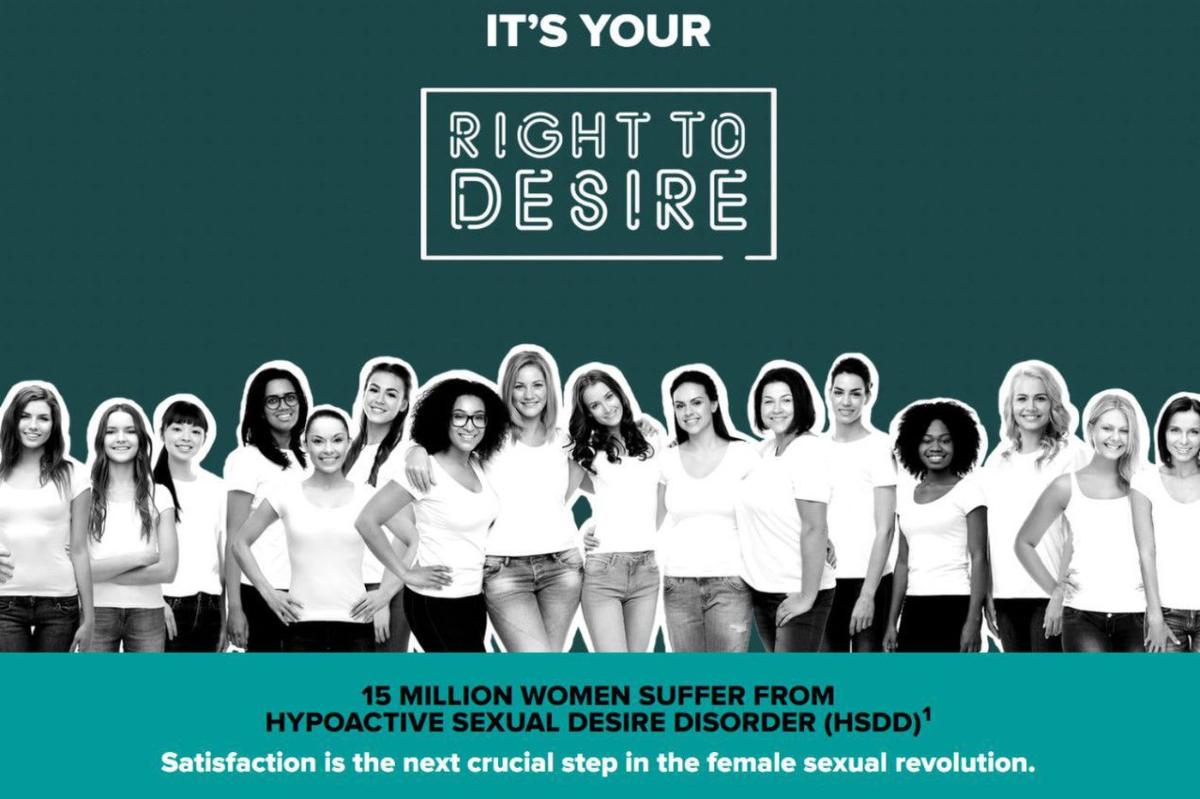
‘Hypoactive sexual desire disorder’: a diagnosis looking for a drug
A new drug is launched to medicate women
The controversial disorder known as hypoactive sexual desire disorder (HSDD) is back in the news. Pharmaceutical companies have been accused of exaggerating the importance of HSDD so that they can sell anxious customers a lucrative drug, but sexual health experts counter that it is wrong to deny women a product which can help their mental health.
The latest development is that the US Food and Drug Administration has approved injections of bremelanotide to treat HSDD. The chief medical officer at AMAG Pharmaceuticals, which owns the drug, described HSDD as “largely under-recognised” and “most common female sexual dysfunction condition”.
Critics contend that medication is not the answer to the complex problems of women’s sexuality. “It’s a mismatch of models,” Leonore Tiefer, a sex therapist who previously ran the sex and gender clinic at New York’s Montefiore Medical Center, told Stat. “They want the car repair model: ‘Hello, doctor, I’ve got this carburetor that doesn’t work in my car. Could you fix it for me without talking to me?’ It’s laughable.”
According to Stat, investors are sceptical as well. They remember the failure of the ballyhooed drug Addyi, which was also supposed to treat HSDD. Its sales have fallen 90% since its approval in 2015. Market analysts attribute it to the fact that it cannot be mixed with alcohol.
In a partial vindication of sceptics’ view that HSDD is a way of exploiting women, Sprout Pharmaceuticals, the owner of Addyi, has launched a new marketing campaign to revive its commercial potential. A social media campaign features a meme with the message: “15 million women suffer from hypoactive sexual desire disorder (HSDD). Satisfaction is the next crucial step in the female sexual revolution.” A website features a “sexual desire quiz” whose answer is – you guessed it – Addyi.
“To hear our [feminist] language co-opted” upsets Cindy Pearson, the executive director of the National Women’s Health Network. “It’s really bittersweet to see it co-opted to sell, and sell a product that isn’t that good,” she told The Philadelphia Inquirer.
Michael Cook is editor of BioEdge
Creative commons
https://www.bioedge.org/images/2008images/FB_desire_(1).jpg
big pharma
hypoactive sexual desire disorder
